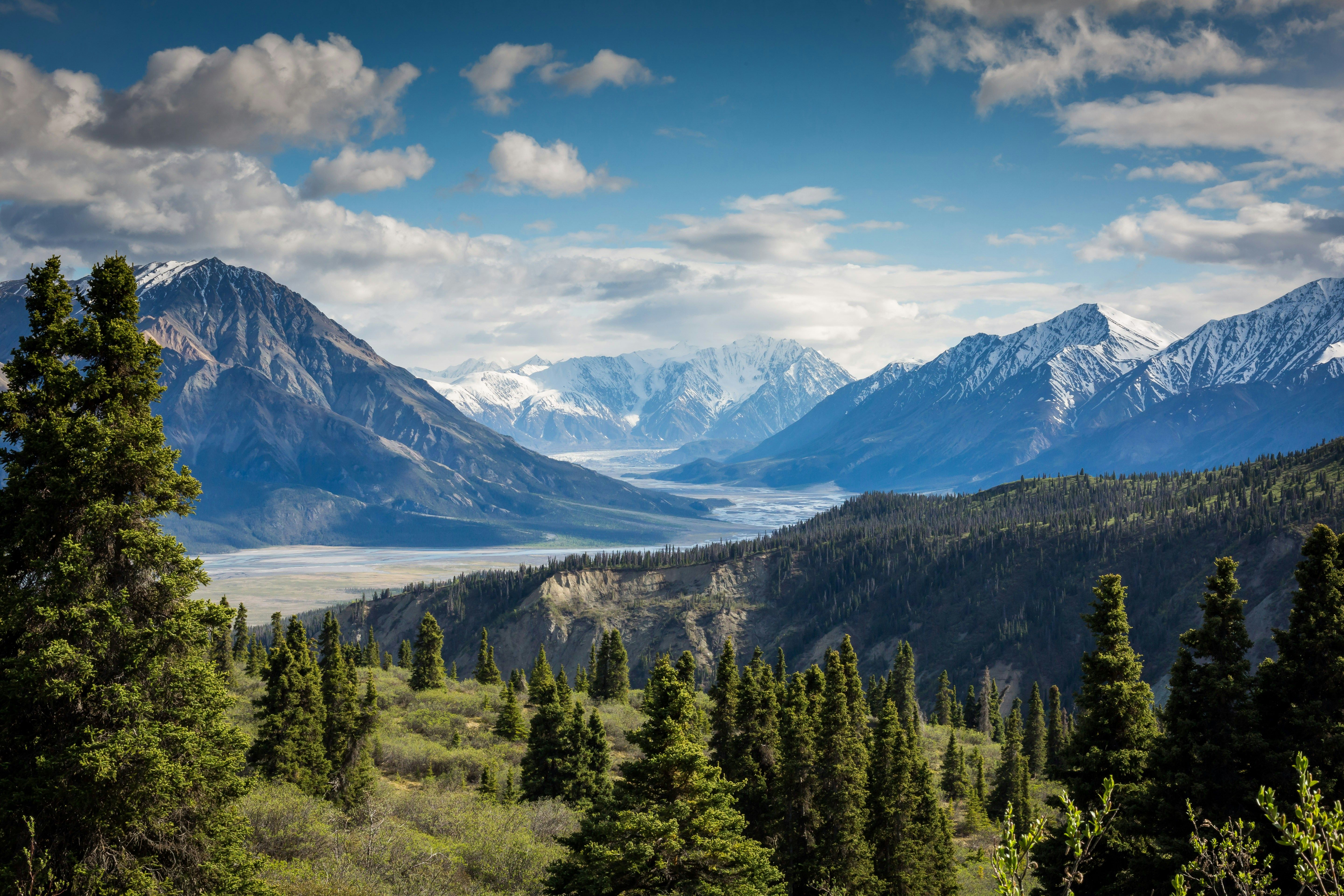Tranquil Kashmir valleys brim with sorrow and dread, serving as a dividing line between India and Pakistan.
In the heart of the disputed Kashmir region, farmer Malik Khadim wrestles with grief. His brother, Malik Farouk, was among the 26 lives claimed by a militant attack on Indian tourists two weeks prior. This devastating incident sparked widespread outrage in India, sending the already tense border region into an edge.
Khadim hails from the Pakistani side of the de-facto border known as the Line of Control (LoC). Amidst increased security, Islamic extremists are believed to have been eliminated near his village by Indian forces. However, Khadim and his relatives deny these allegations, claiming Farouk's death was due to a simple accident involving straying cattle.
In response to the attack, Indian Prime Minister Narendra Modi vowed to pursue the "terrorists" to the ends of the earth, swiftly attributing blame towards Pakistan. Pakistan vehemently denied any involvement, resulting in escalating tensions. As diplomatic spats ensued, both nations expelled each other's diplomats and halted air travel between them. India also withdrew from the 1960 Indus Water Treaty, a move that could further fuel the ongoing conflict.
Pakistani officials have threatened retaliation, adhering to their "military doctrine" in times of conflict. This rhetoric is stronger than ever, reminiscent of the Kargil War in 1999. In those times, military skirmishes, civilian casualties, and the involvement of nuclear-armed nations made for a perilous standoff.
The long-standing Kashmir issue has always been a bone of contention between India and Pakistan. Both nations have historically fought for control over this region, seeking to claim all the water from its snowcapped peaks. Despite the rugged terrain, millions of people call the LoC their home.
Life in Kashmir is tough – elderly women and children carry heavy loads of firewood, while farmers struggle to cultivate land among towering cedar trees. The small village of Sarjiwar, perched lower down the mountains, has a sense of permanence but residents live in constant fear due to nightly skirmishes with Indian troops. Diplomatic relations have stagnated, leaving civilians helpless as politicians spar over old arguments and reignite decades-old resentment.
As the conflict escalates, civilians on both sides of the LoC fear a potential outbreak of full-scale war. Faced with heightened tensions and political bickering, they find themselves powerless in the face of the ongoing dispute. Khadim voiced his fears, saying that his brother's death portends a grim future where he may lose his loved ones, his home, and his livelihood. "India's done a great cruelty to us," he lamented, "If they want me to leave, put a bullet in my head – that's the only way I'll go."
Experts warn that in this volatile political climate, the nuclear-armed neighbors lack proper escalation controls, increasing the potential for dangerous miscalculations. The stakes are high as the world watches cautiously, hoping for a peaceful resolution to this long-standing conflict.
- The tiny village of Sarjiwar, nestled on the vertiginous slopes of Kashmir, is home to millions, yet its residents live in constant guard against nightly skirmishes with Indian troops.
- Despite being at the center of war-and-conflicts, villagers like Malik Khadim, who lost his brother in a militant attack, express fears of a potential full-scale war erupting from politics.
- In the midst of general-news coverage about civilian casualties and diplomatic spats, Khadim shared his sentiment that if forced to leave his home, he would rather meet his end, likening it to being put to a bullet – a dramatic assertion reflecting the despair plaguing Kashmir.
- The long-standing Kashmir issue, marked by politics and continuous conflict, has placed millions of villagers like Khadim under constant threat, raising concerns among global experts over potential escalations and damaging nuclear miscalculations.








